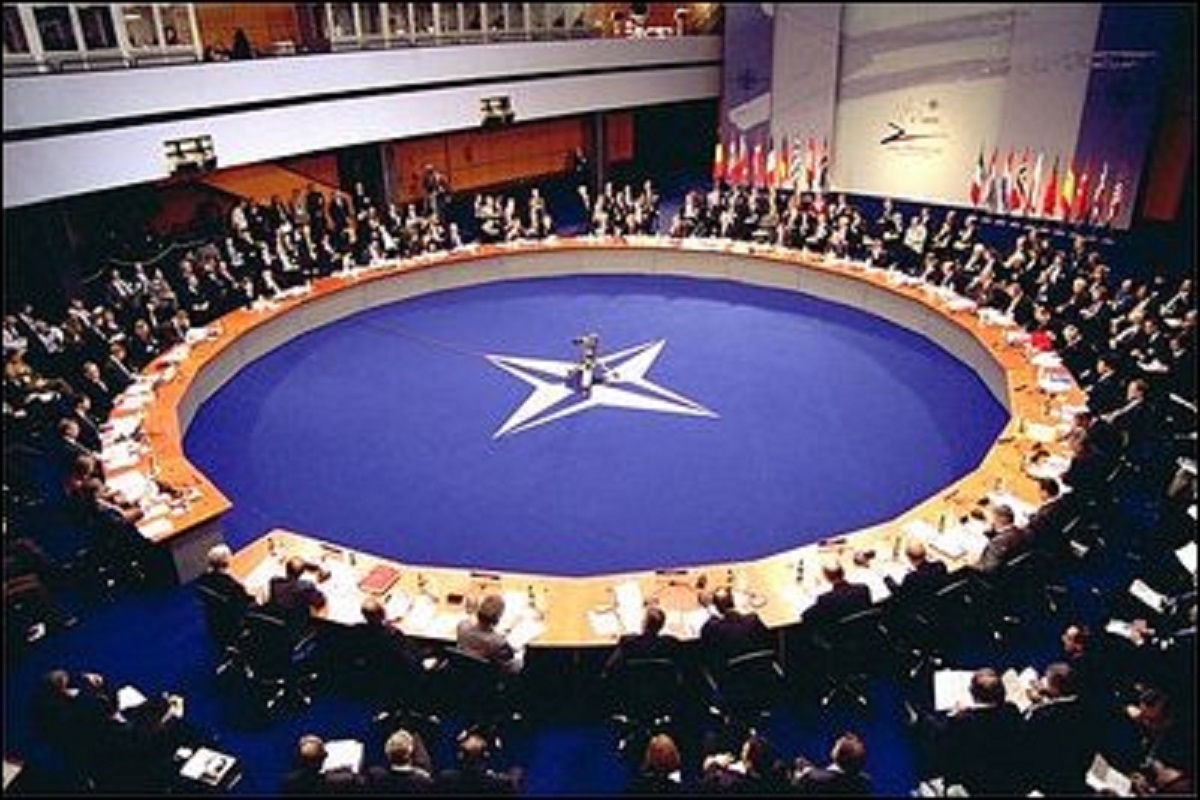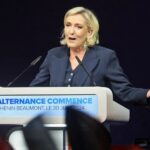A top official from the bloc outlined the decisions to be anticipated during the NATO summit. Confirmation of Ukraine’s future membership and the adoption of decisions that will bring this process closer are expected. Enhanced military aid and financial commitments for Ukraine and its Armed Forces will be provided.
The Deputy Assistant Secretary-General of NATO pointed out that Russia’s attack is not related to Ukraine’s desire to join NATO; rather, its actions aim to seize territories.
During the summit, NATO member countries will not only reaffirm that Ukraine’s future lies within NATO but will also adopt certain decisions that will advance this process. Additionally, enhanced military aid is expected. This was stated by James Appathurai, Deputy Assistant Secretary-General for Political Affairs of NATO.
Results of the NATO Summit
He noted that allies are currently still negotiating the wording to be included in the final communiqué.
“You will see clear wording that will not just reaffirm Ukraine’s future membership in NATO but will also enable progress in this direction, whatever that may be,” Appathurai said.
He emphasized that Russia’s full-scale attack is not related to Ukraine’s aspiration to join NATO. Appathurai recalled that in 2014, Ukraine had a neutral status, yet Russia attacked Crimea. The Alliance representative explains Russia’s actions as a desire to seize territories and stated that their current arguments for continuing the war “do not correspond to reality.”
According to him, the Alliance will also provide financial commitments for Ukraine and its Armed Forces. Additionally, NATO countries will commit to providing long-term training for Ukrainian military personnel.
“The message that will come from the summit is that, yes, there are all sorts of political winds blowing here and there, including in all our countries, and elections happen today as they probably do every day, but NATO’s commitments are long-term and will be concrete, substantial, not just political but also practical,” the Alliance representative said.
It is worth mentioning that Appathurai also spoke about the increase in hybrid attacks in NATO countries. According to him, Russians are behind most of these diversions. In particular, Russia actively conducts cyberattacks against NATO countries, political parties, and critical infrastructure.

